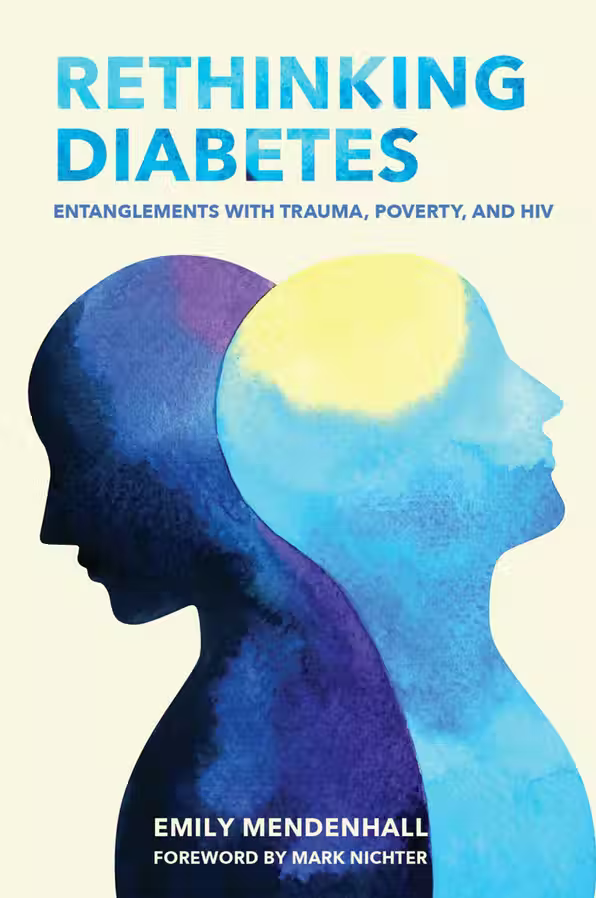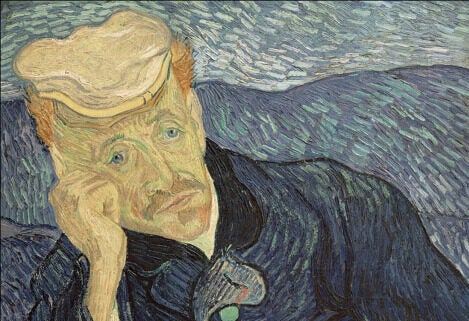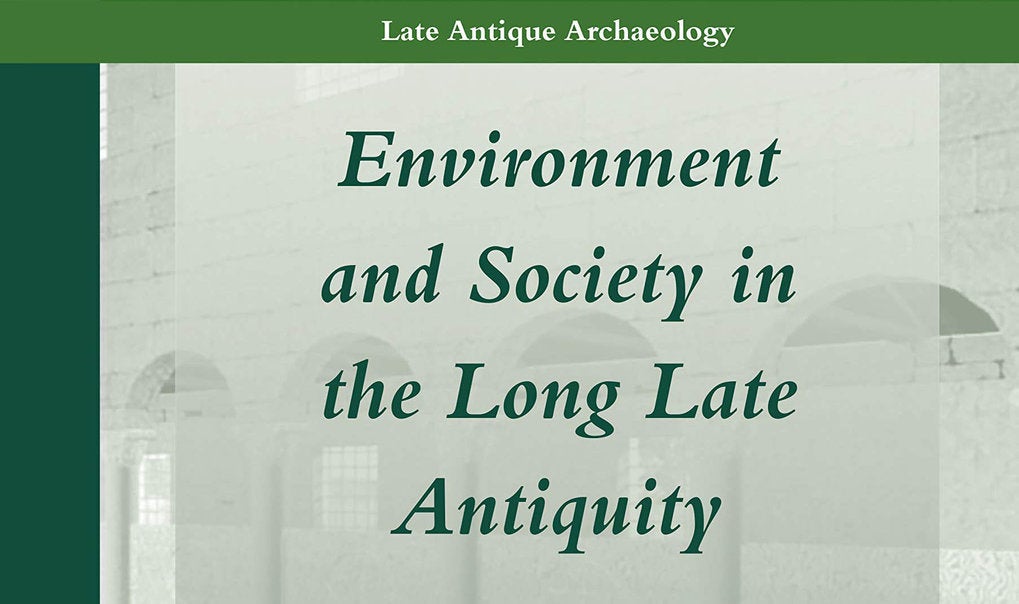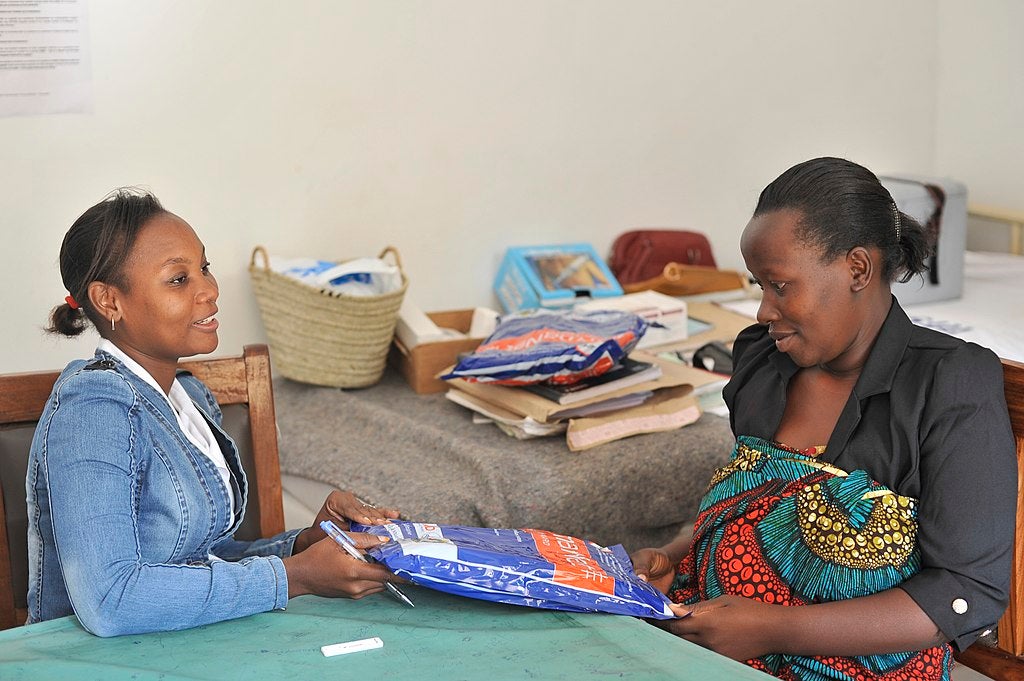Archive: Scholarship
98 Articles
- Scholarship
Rethinking Diabetes
In Rethinking Diabetes, Emily Mendenhall investigates how global and local factors transform how diabetes is perceived, experienced, and embodied from place to.…
July 15, 2019
- Scholarship
“Rapid Range Shifts in African Anopheles Mosquitoes Over the Last Century”
The team of researchers that includes Emily Mendenhall and Timothy Newfield uses historical data to trace range shifts in Anopheles mosquitoes, which are the vector of malaria…
June 19, 2019
- Scholarship
“Institutional Madness: Shakespeare as Hospital Survival Guide”
Dr. Daniel Marchalik and Arthur Frank look at how Shakespeare's Measure for Measure might offer comfort and companionship for patients facing the institutional madness of…
May 25, 2019
- Scholarship
“Women’s Views about Contraception Requirements for Biomedical Research Participation”
Maggie Little and her co-authors inquire on the views of women in the U.S. and in Malawi around the requirement of contraception among reproductive aged women in biomedical…
May 8, 2019
- Scholarship
“‘Wasting Away’: Diabetes, Food Insecurity, and Medical Insecurity in the Somali Region of Ethiopia”
Emily Mendenhall and Lauren Carruth investigate rising concerns about diabetes among Somalis in eastern Ethiopia. They focus on communities where obesity is rare and people face…
March 20, 2019
- Scholarship
“Physician Burnout in the Modern Era”
Dr. Daniel Marchalik looks at physicians' professional stress through a historical lens. By examining different historical moments —from 19th century accounts of the �…
March 2, 2019
- Scholarship
“The Global Syndemic of Obesity, Undernutrition, and Climate Change”
Emily Mendenhall and Merrill Singer respond to the work the The Lancet Commission on the Global Syndemic of Obesity, Undernutrition, and Climate.…
February 23, 2019
- Scholarship
“Mysterious and Mortiferous Clouds: The Climate Cooling and Disease Burden of Late Antiquity”
Timothy Newfield inquires on the influence of climate on disease in Late Antiquity. Particular attention is paid to the Justinianic Plague, but the potential impacts of a…
February 21, 2019
- Scholarship
“Malaria Vaccine Trials in Pregnant Women: An Imperative Without Precedent”
Although pregnant women are highly susceptible to Plasmodium falciparum malaria, leading to substantial maternal, perinatal, and infant mortality, no trials of malaria vaccines…
February 4, 2019
- Scholarship
“An Ethnopsychology of Idioms of Distress in Urban Kenya”
Emily Mendenhall and her co-authors propose a preliminary model of ethnopsychology which incorporates local and global idioms of distress used by urban Kenyans to express…
January 23, 2019






